Three things we learned from the Budget
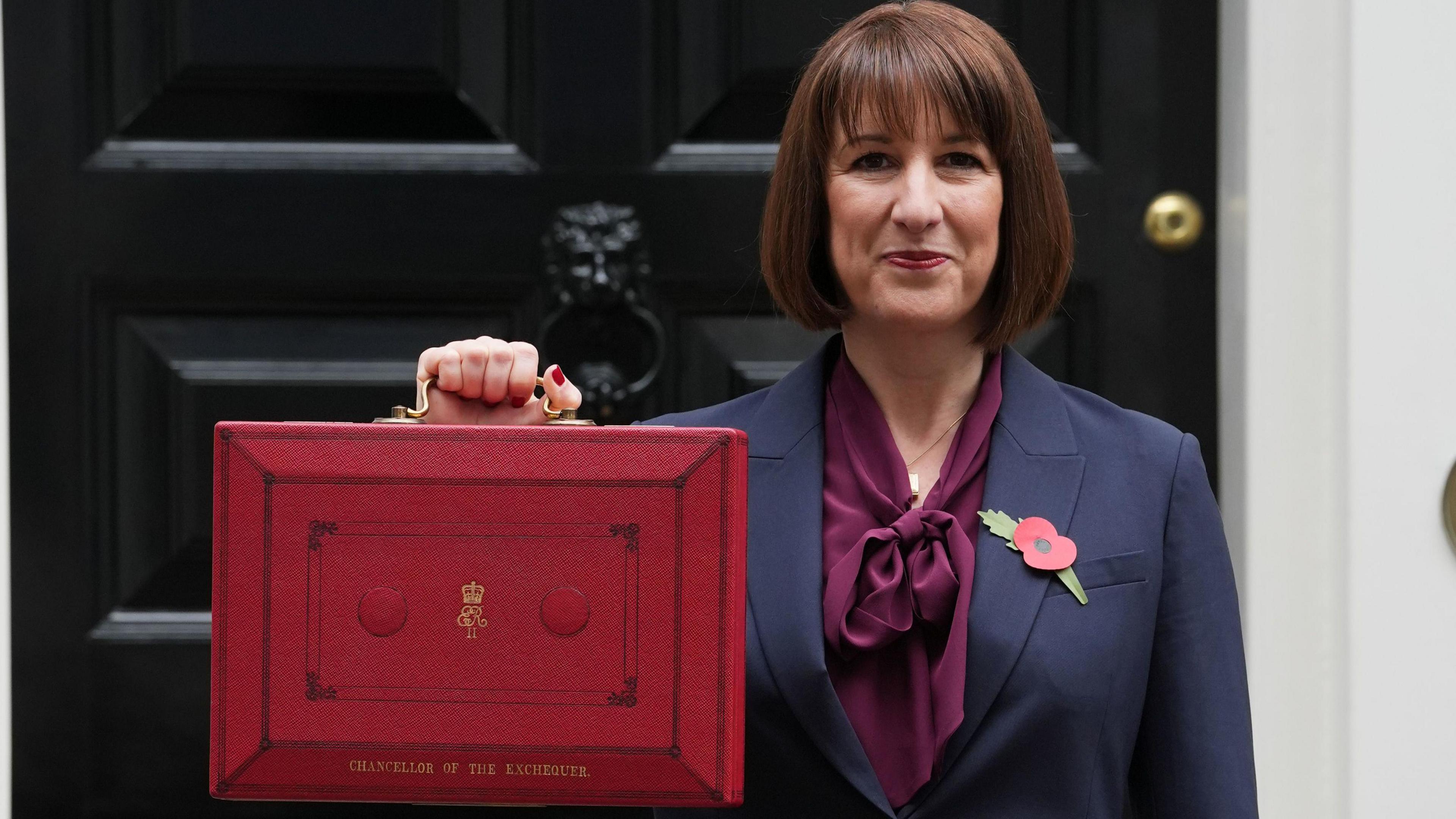
- Published
Chancellor of the Exchequer, Rachel Reeves, has made some big announcements about how the government will spend the UK's cash over the next year and how it will raise the money.
The chancellor revealed new plans for money to be spent on schools and education in England in her Budget speech on Wednesday.
Changes to wages for adults in the UK on the lowest pay, how much tax companies and individuals will pay and plans for extra money for hospitals were all announced in the speech in the House of Commons.
So, what was in the 2024 Autumn Budget and how will it affect you and your family?
Read on to find out more.
Budget 2024: What is it and how does it affect me?
- Published29 October 2024
What are your plans for Bonfire Night?
- Published25 October 2024
Trump vs Harris: Everything you need to know about the US Election
- Published5 November 2024
1. The first UK Budget by a female chancellor
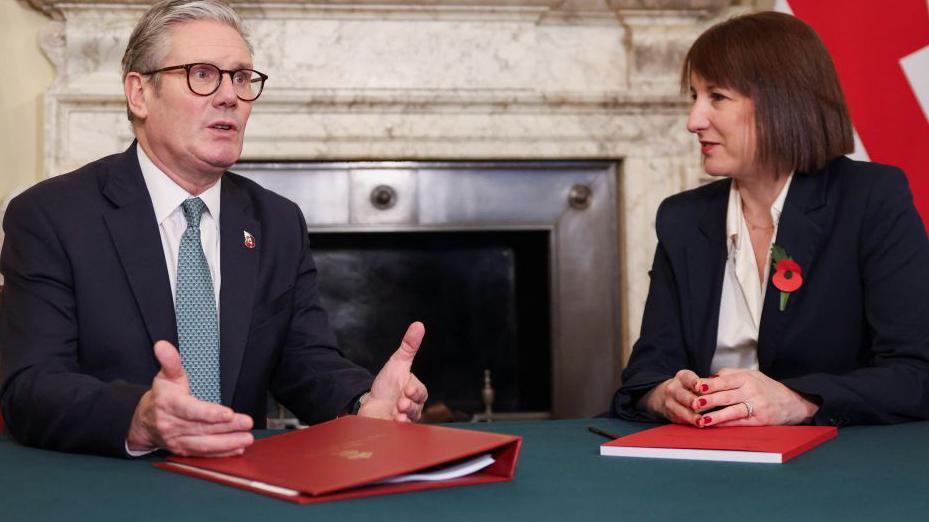
The chancellor of the exchequer is in charge of the UK's finances and spending.
The job has existed for 800 years - and 110 people have done it since Sir Richard Sackville was appointed in 1559.
It is one of the most important roles in government, second only to the prime minister - but until now they've all been men.
During her speech, Rachel Reeves said she was "deeply proud" to be the first woman in British history to deliver the Budget.
"To girls and young women everywhere I say: Let there be no ceiling on your ambition, your hopes and your dreams," she added.
So let's see some of what was in it.
2. Money for schools, hospitals and workers on lowest pay
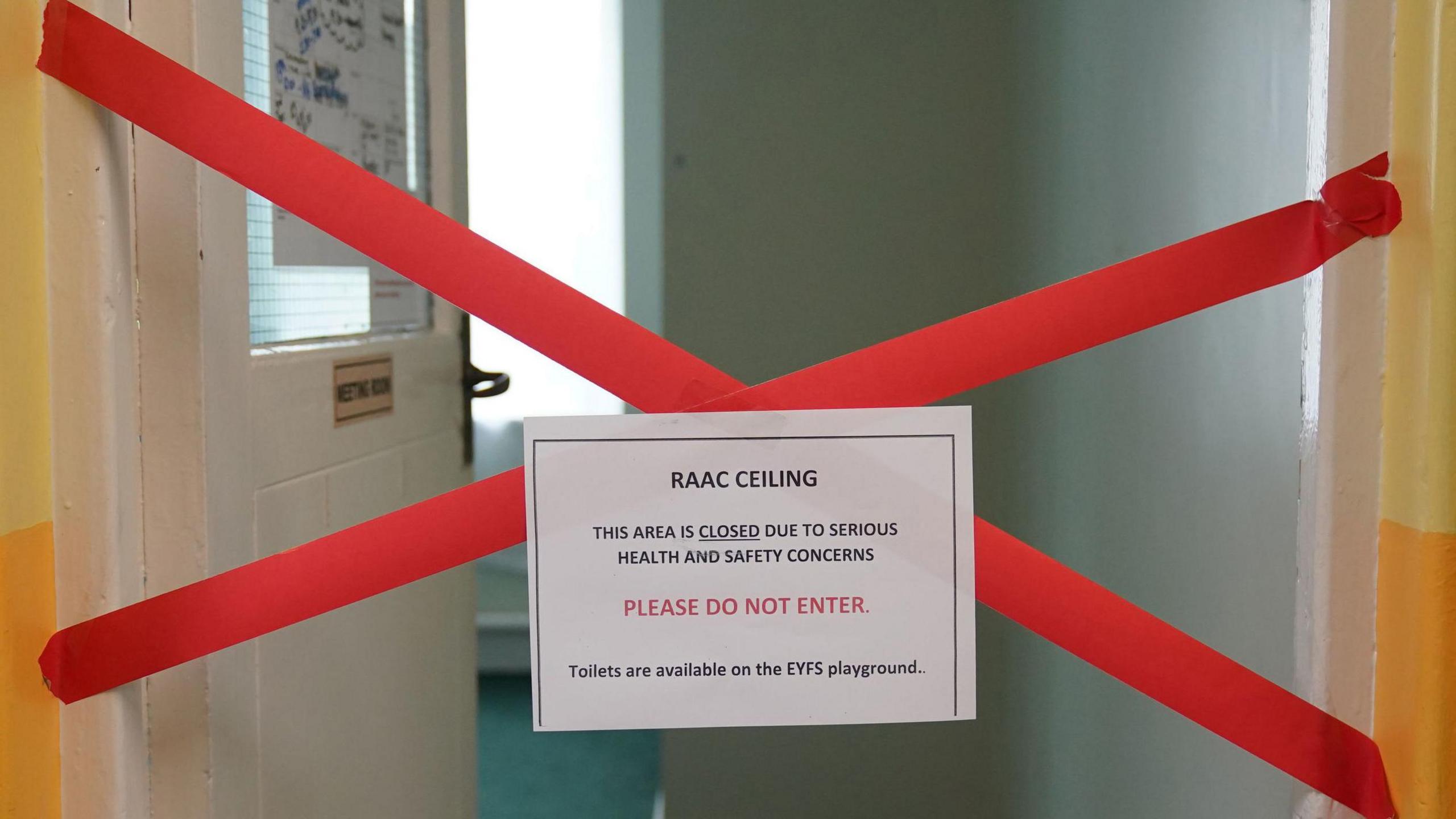
Some pupils in UK schools are having lessons in temporary classrooms because their buildings were made using Raac - a type of material that has weakened over time - making it unsafe.
In her speech, the chancellor said £6.7 billion will be given to the Department for Education to spend on hiring more teachers, rebuilding schools and investing in breakfast clubs in England.
In order to improve school facilities, £1.4 billion will be spent on rebuilding the 500 schools in England "in the greatest need".
There was also more money for breakfast clubs at schools and for young people with special educational needs.
There will be £2.1billion spent maintaining schools and repairing those affected by Raac - a type of lightweight concrete used in buildings which was found to be weak and unsafe.
The Budget announcements about how money is spent on education only apply to England. This is because decisions about education in Scotland, Wales and Northern Ireland are made by each individual nation - also known as devolution.
It was announced that each of the home nations would receive more funding over the next year with Scotland getting an additional £3.4bn, Wales receiving £1.7bn and Northern Ireland getting £1.5bn - but this is to cover many areas - not just education.
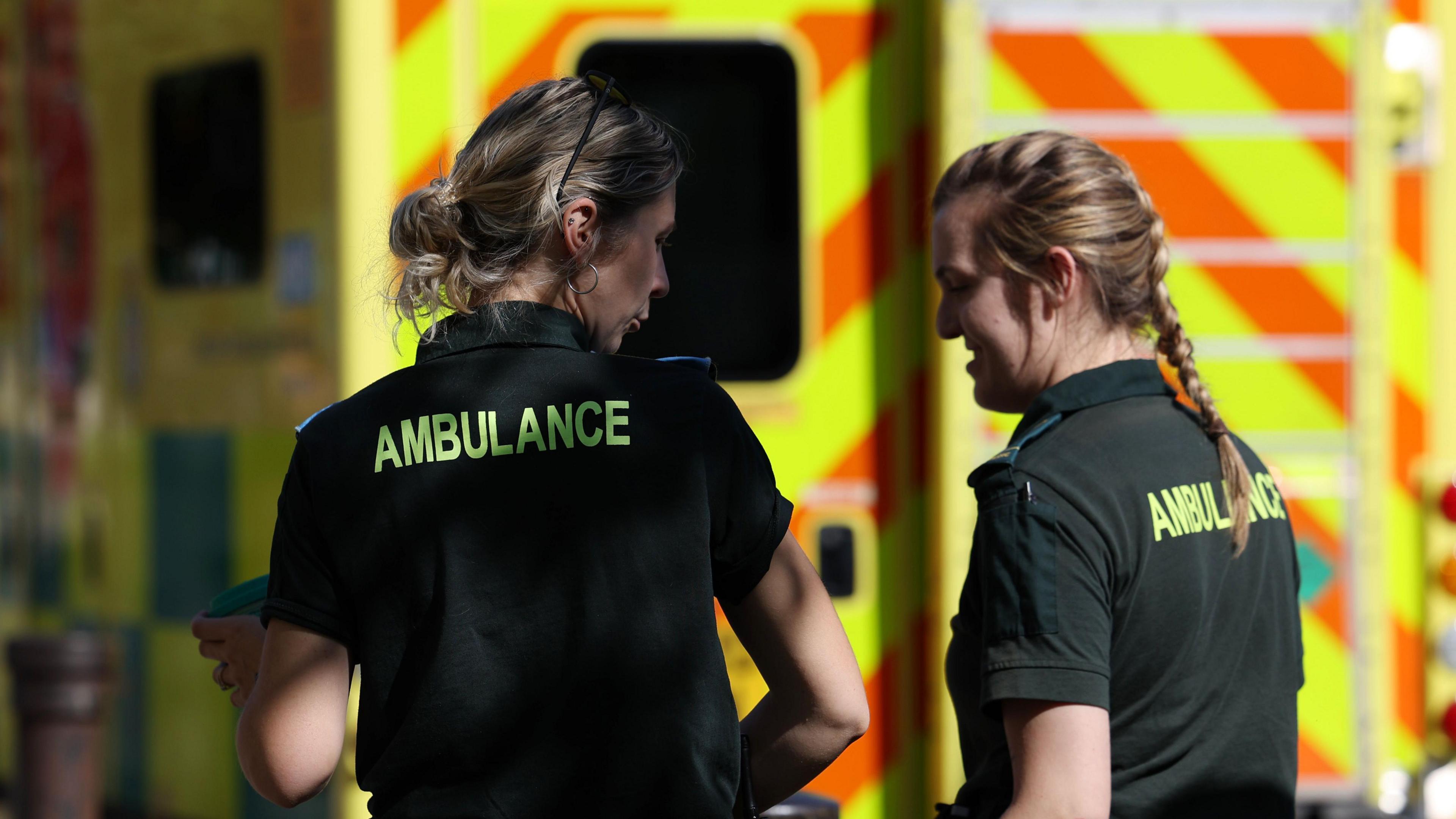
The chancellor promised more than £22 billion on day-to-day spending for the NHS in England
In reaction to the Budget, Children's Commissioner for England, Dame Rachel de Souza, said: “Children all over the country are hopeful for change – they want improvements to the support available in school, faster access to quality healthcare and priority given to local services that improve their family lives."
Rachel Reeves also said there will be an extra £22.6bn for spending on the National Health Service in England.
Adults who earn the National Minimum Wage - the lowest wage by law - will see their pay go up from £11.44 - £12.21 an hour from April.
Speaking after the Budget, Conservative leader Rishi Sunak said the chancellor “failed to get a grip on public spending".
3. Massive tax rises to pay for spending plans
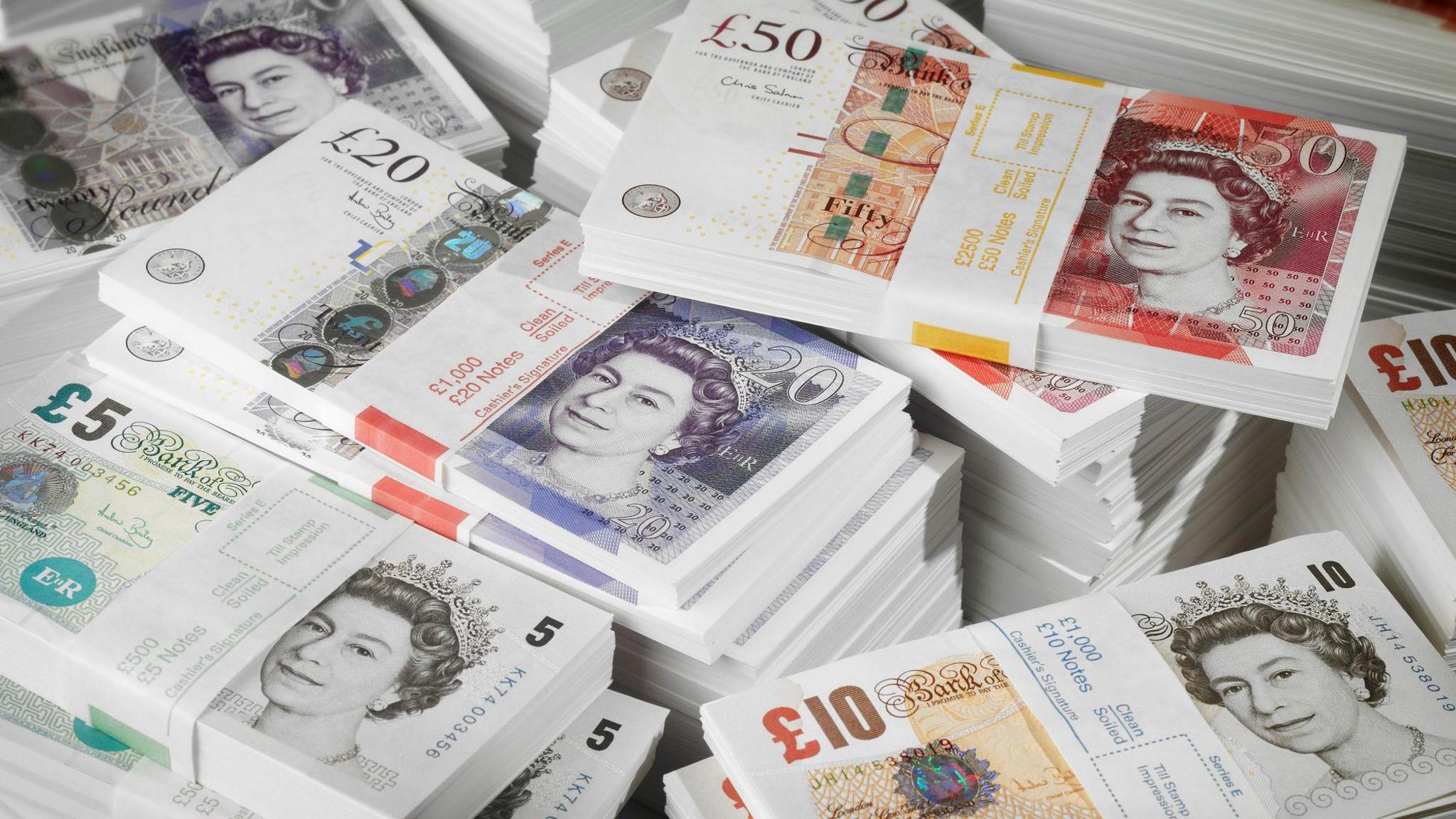
The money needed to pay for things like education, healthcare, housing and the armed forces needs to come from somewhere.
This budget sees taxes going up by a huge £40bn. Tax is money that adults and companies pay to the government.
In this budget, companies will have to increase the amount of tax they pay for the staff they hire - called National Insurance.
There will also be tax increases on vaping products, private schools fees and people in many parts of England who use buses may have to pay more, as the price cap on single journeys will increase from £2 to £3.
In response to the tax announcements, ex-prime minister Rishi Sunak said Labour were "breaking promises" made to voters during their election campaign.
“They’re taxing your job, they’re taxing your business, they’re taxing your savings. You name it, they’ll tax it," the leader of the opposition told MPs in the House of Commons on Wednesday.
In her speech the chancellor said: "I have made my choices. The responsible choices. To restore stability to our country. To protect working people.
"More teachers in our schools. More appointments in our NHS. More homes being built."
